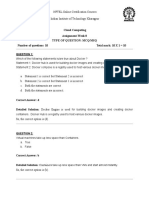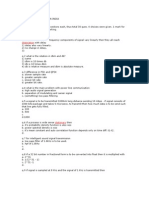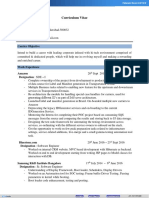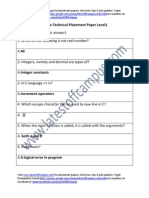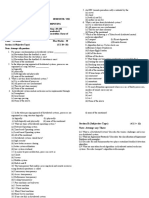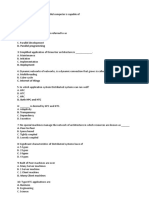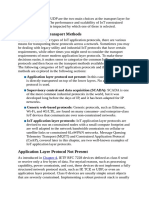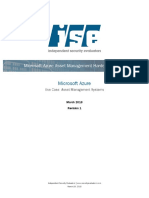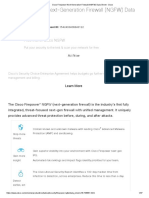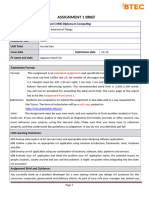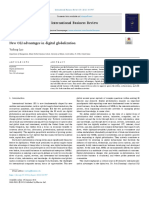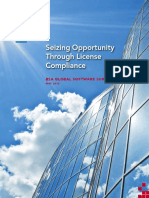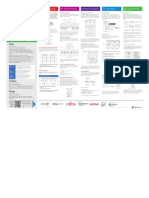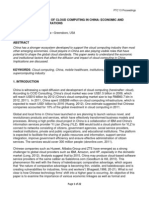100% found this document useful (2 votes)
4K views48 pagesCloud Computing Quiz for IT Students
Cloud Computing Multiple Choice Questions accenture
Uploaded by
MD ARIFCopyright
© © All Rights Reserved
We take content rights seriously. If you suspect this is your content, claim it here.
Available Formats
Download as PDF, TXT or read online on Scribd
100% found this document useful (2 votes)
4K views48 pagesCloud Computing Quiz for IT Students
Cloud Computing Multiple Choice Questions accenture
Uploaded by
MD ARIFCopyright
© © All Rights Reserved
We take content rights seriously. If you suspect this is your content, claim it here.
Available Formats
Download as PDF, TXT or read online on Scribd
/ 48
















